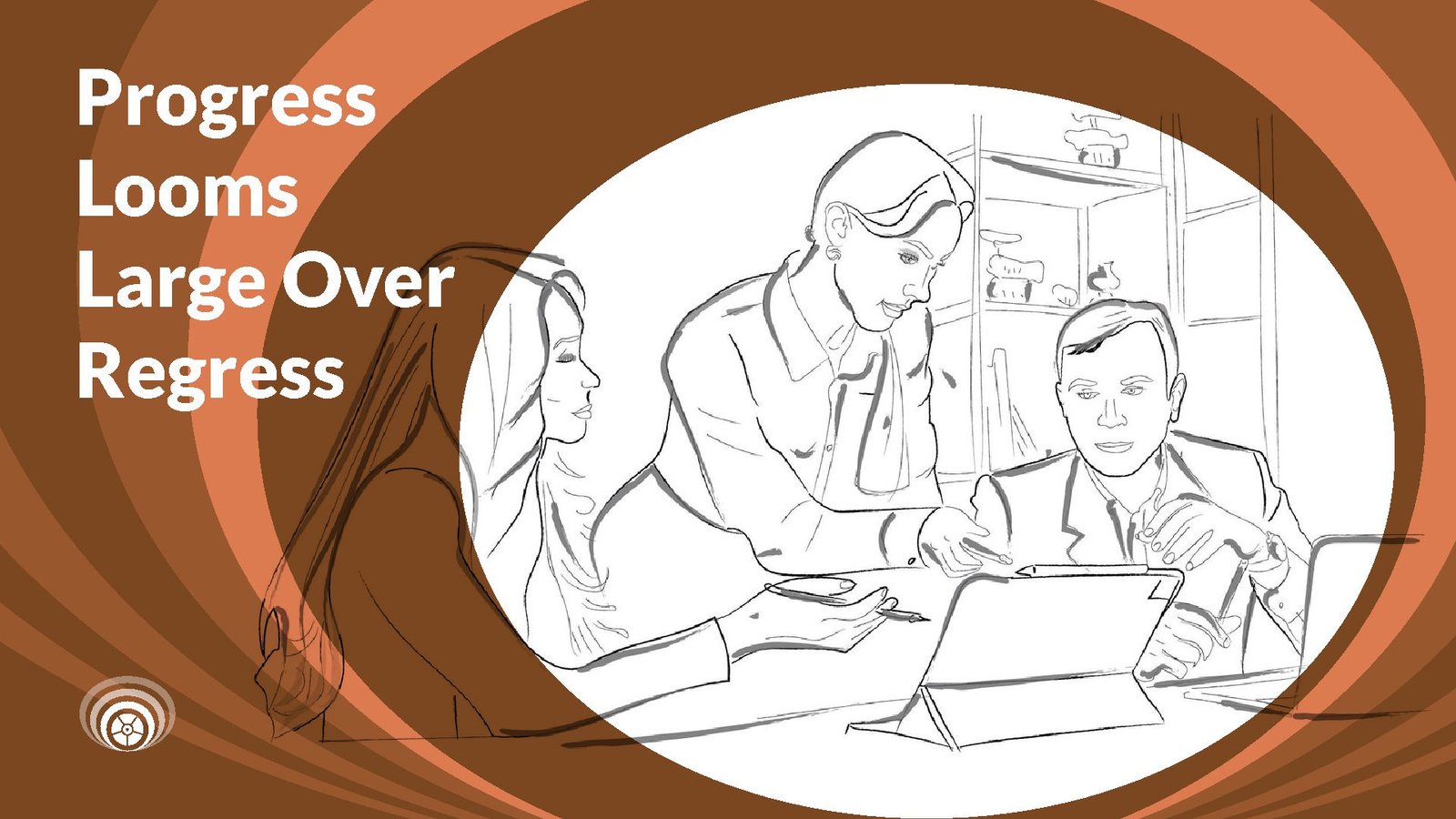
Auroville’s vision has always been clear: the creation of a City dedicated to Human Unity and conscious evolution. From the very beginning, on February 28, 1968, when the Galaxy Plan was revealed, the goal has been to build a City that serves the purpose of progress. Over the past 56 years, we have seen significant delays, but now, finally, we are witnessing the realization of this long-awaited Vision. The notion that the government is involved in a conspiracy to undermine Auroville is unfounded and misinformed.
The current development is not a deviation from the plan; it is a fulfillment of it. The plan always envisioned a City that would be atleast 80% green, housing 50,000 inhabitants—an ideal model for Indian cities struggling to balance urbanization with environmental conservation. Labeling the manicured estates within Auroville as “forests” may appeal to a certain colonial sensibility, but it does not benefit the broader mission of creating a sustainable city for all. These estates serve a small elite while preventing the larger population from participating in Auroville’s vision of Human Unity.
The accusations about a Sangh Parivar or BJP agenda are misplaced. The governing board (GB) is appointed by the government of the day, and it is worth remembering that previous Congress governments, too, appointed figures such as Dr. Karan Singh, a Congress parliamentarian, as the GB chairperson without facing any such hue and cry. It’s essential to recognize that this isn’t a political battle—it’s about fulfilling Auroville’s original mission.
One of the most pressing issues highlighted is the mismanagement of land exchanges. The Auroville we know is a 5-kilometer radius from the Central Banyan Tree, with 60 acres of city land and 1,800 acres of the green belt still missing. The lands outside this perimeter were always intended for exchange to secure the complete 20 square kilometers of Auroville. The outlying 1,100 acres must be exchanged for internal lands. The priority should be to consolidate these lands, ensuring that Auroville can finally realize its vision.
Auroville was not meant to be used as a personal fiefdom for individual prosperity. It was intended to be an “ideal township” where Human Unity and progress take precedence over personal and family interests. However, over the years, a small group of residents has established de facto control over Auroville, monopolizing assets and blocking new residents from joining. This has led to the high cost of living, lack of housing, and an environment where newcomers feel ostracized or pushed out. The old power centers have created a system that favors the few and punishes those who challenge it.
There is also a troubling culture of silence when it comes to serious wrongdoing. Cases of theft, rape, pedophilia, and other crimes have been covered up in the name of preserving Auroville’s reputation. Punishments, when they do occur, are often a quiet exile for a few years, rather than the full accountability these crimes deserve.
The argument that the government is somehow misappropriating Aurobindo’s legacy is baseless. If anything, the government should be doing more to highlight the rich cultural contributions of Sri Aurobindo and the Mother. The muted celebration of Sri Aurobindo’s 150th birth anniversary stands in stark contrast to the grand commemoration of Mahatma Gandhi’s. Sri Aurobindo was the first to call for full independence from colonial rule, and his writings on Human Unity are as relevant today as ever.
The current political tensions within Auroville have led some to play dirty politics, attempting to stir up animosity between state and central governments, particularly along Tamil-Hindi lines. This divisive strategy, a relic of colonial “divide and rule,” must not be allowed to succeed. Local politicians, like VCK MP D. Ravikumar, have seen through these tactics, and we must ensure that they do not fall into the trap of Western political gamesmanship.
The claims of an autocratic, top-down approach are ironic, considering the last 30 years in Auroville were marked by precisely such a system—where a few families held control over assets, preventing any meaningful development. What we need now is not more stagnation but a move toward Mother’s original vision: an organization model based on work, not majority rule or authority.
Large-scale construction projects are a necessity. Auroville cannot accommodate even 200 more residents with the current infrastructure. We need to build the residential zone for 40,000 people, the international zone with nation pavilions, a cultural zone with schools and stadiums, and an industrial zone to foster economic self-reliance. Parks and the green belt will also be key parts of this holistic development.
The argument that residents are concerned about the sudden push for development is disingenuous. They have always known the city plan includes these projects. Auroville is, and always was, intended to be a “laboratory of conscious evolution,” attracting people from across the world who seek spiritual growth. If that makes it a destination for spiritual tourism, then so be it. Visitors will come, be touched by the ideals of Sri Aurobindo and the Mother, and perhaps adopt them as their own. That is something we should welcome, not resist.
It’s time to dismantle the outdated power structures that have held Auroville back and move toward fulfilling its true purpose. We need to stop letting a few dictate the future of this unique experiment in Human Unity and invite all nations and people to join us in realizing the vision of Sri Aurobindo and the Mother.





